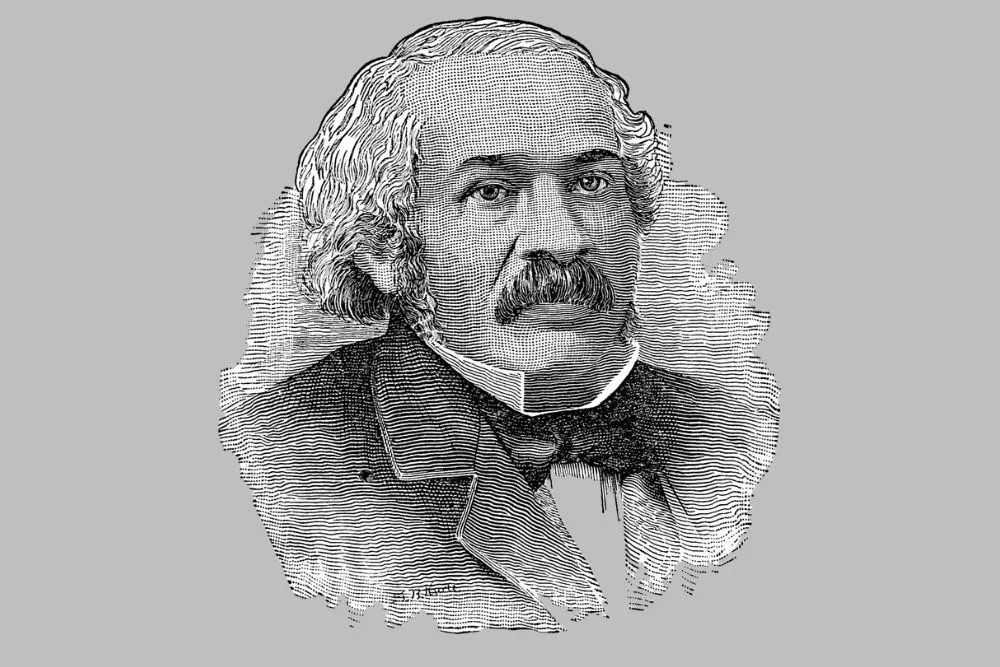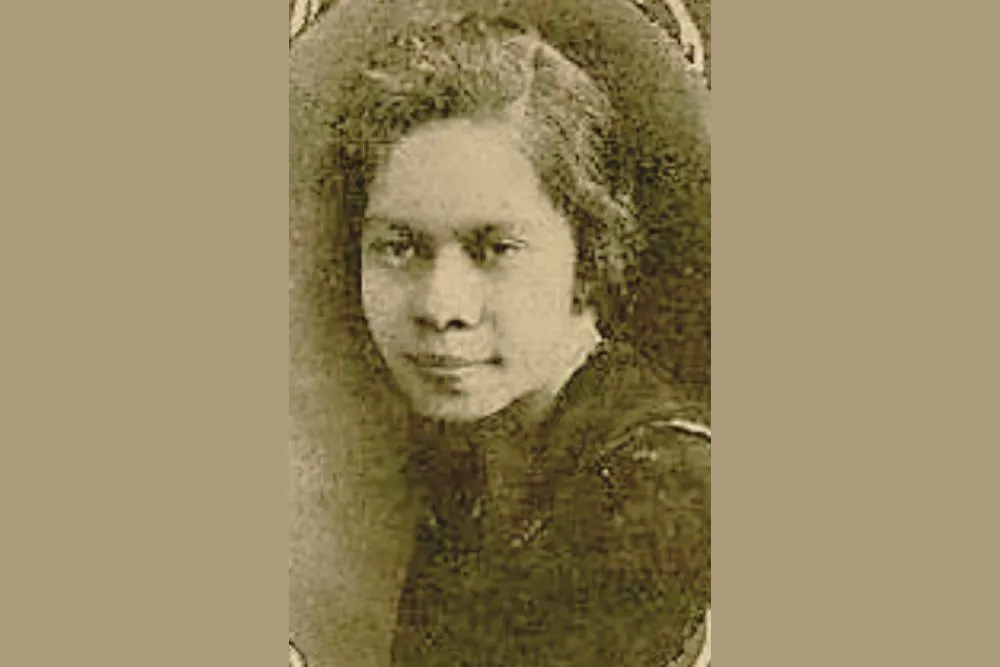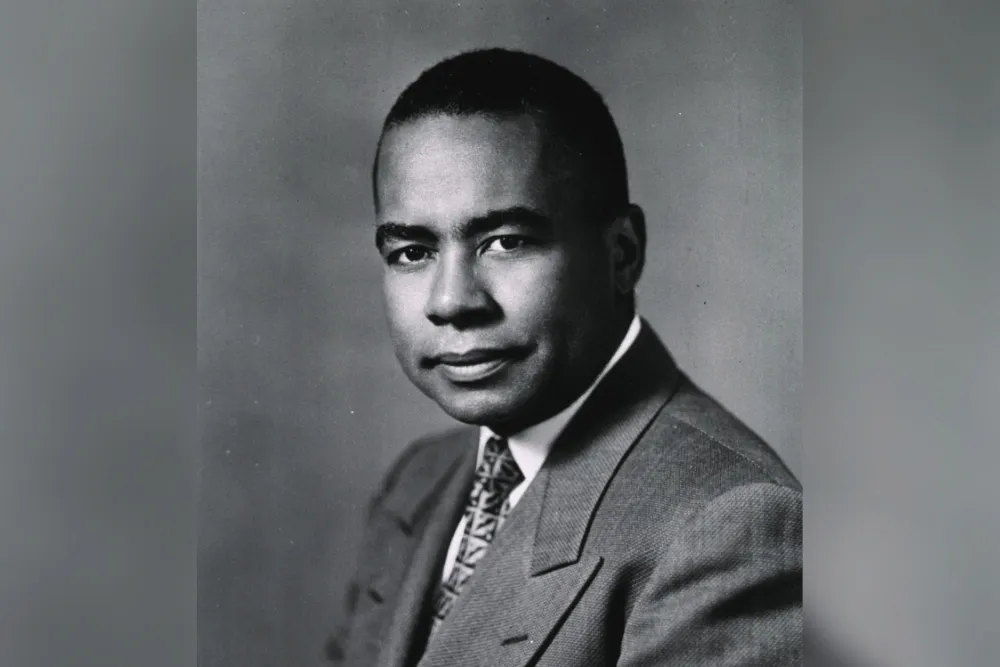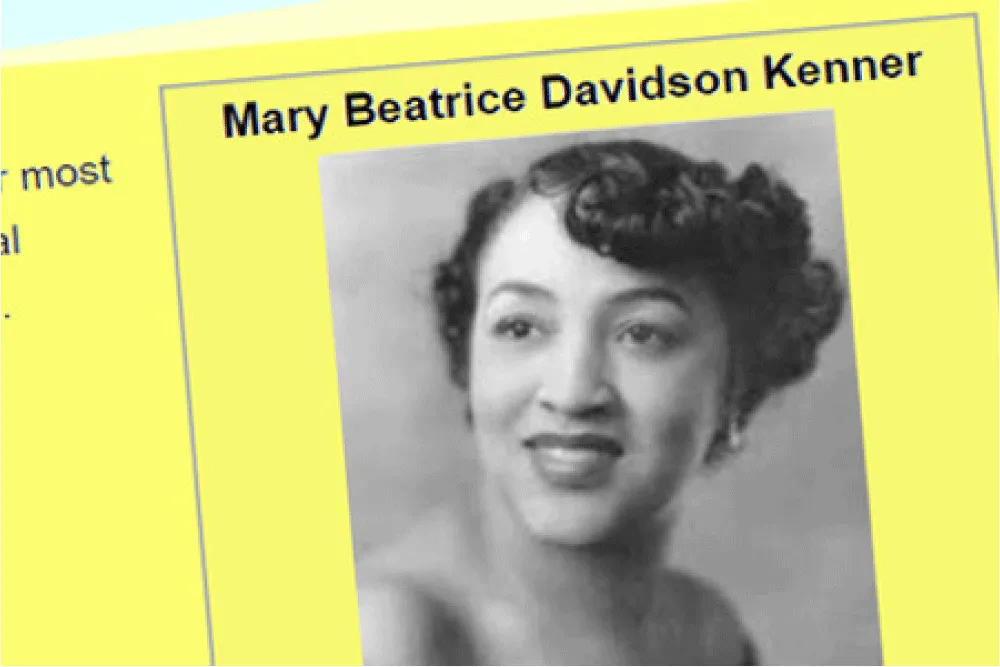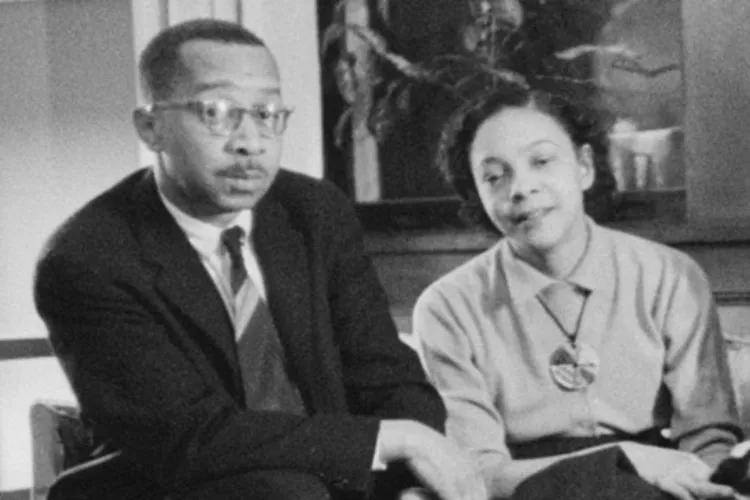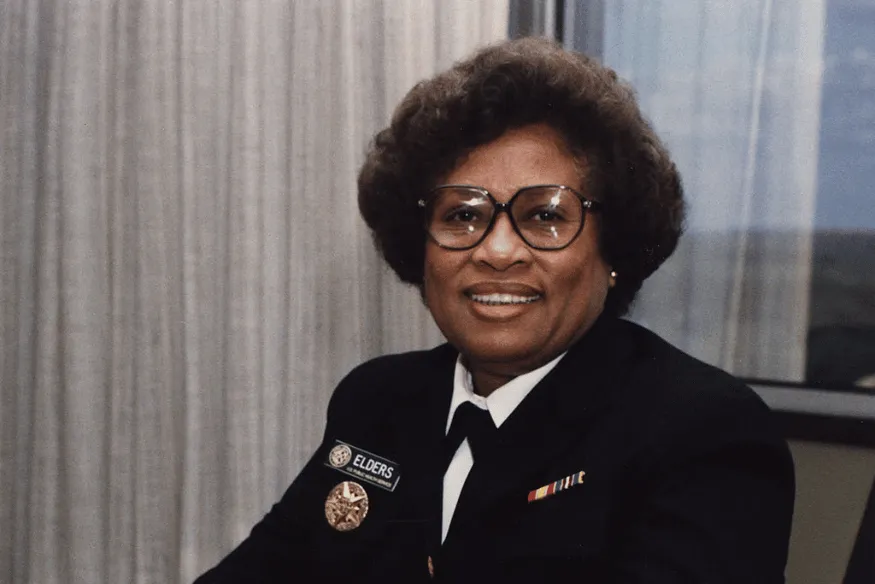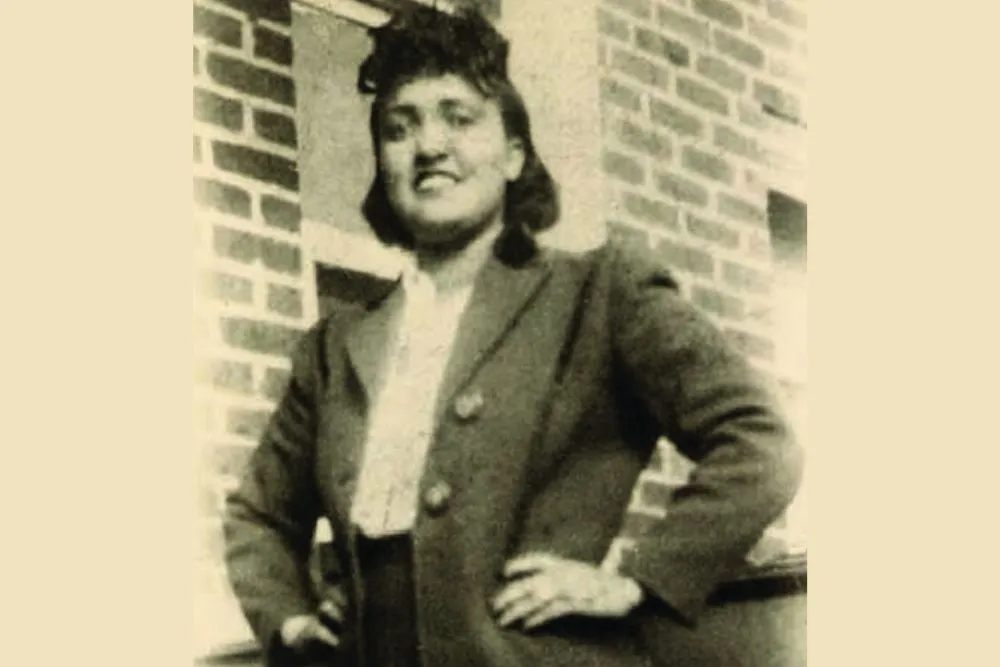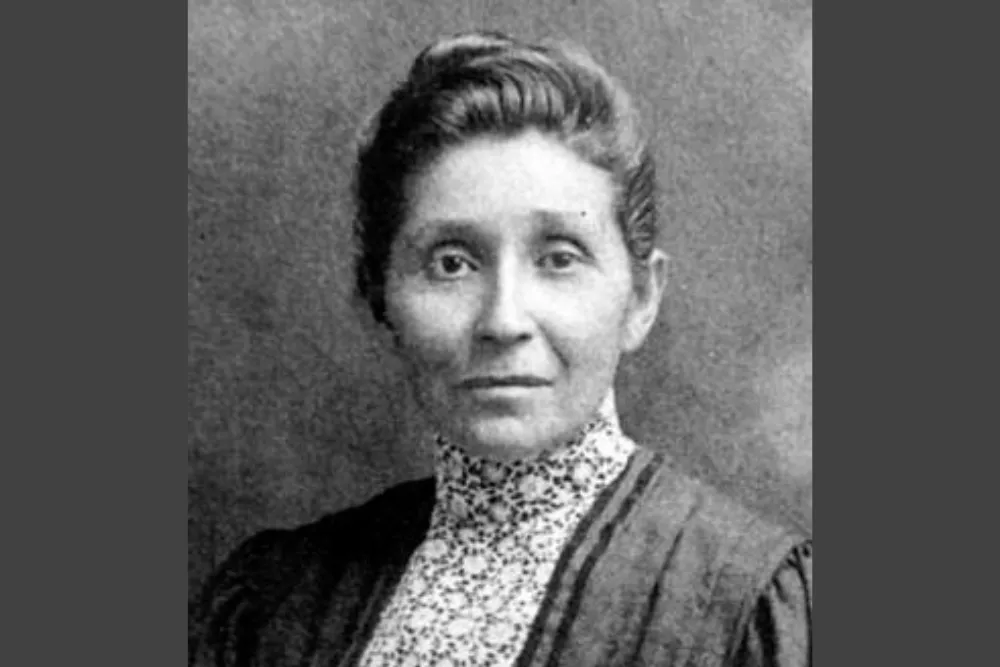Early life and education
Born into slavery on April 18, 1813, in New York City, Smith was emancipated as a young child under New York's gradual abolition law. He achieved academic excellence at the African Free School No. 2 in Lower Manhattan, an institution dedicated to educating free and enslaved African American children. It was his education here that laid the foundation for his future endeavors.
Although Smith had outstanding abilities, he struggled to find higher education in the United States due to racial discrimination. Instead, he was accepted to the University of Glasgow in Scotland, and by the age of 24, he earned his bachelor's, master's, and medical degrees, graduating at the top of his class in 1837.
Medical practice and innovations
Upon returning to New York City, Dr. Smith established his medical practice and became the first African American to run a pharmacy in the United States. Despite his history with racial discrimination, Smith ensured that he served both Black and white patients, as he was committed to accessible healthcare for all.
In 1846, he was appointed medical director of the New York City Colored Orphan Asylum. In the almost 20 years he worked there, Smith implemented rigorous health protocols, including regular smallpox vaccinations, that significantly improved the health and well-being of the children under his care.
{{link-bank-two-column}}
Contributions to abolitionism and social justice
In addition to his medical achievements, Dr. Smith was a passionate abolitionist and intellectual. In 1843, he delivered a series of lectures titled "Comparative Anatomy and Physiology of the Races," which debunked pseudoscientific claims that supported racial inferiority theories.
A prolific writer, Smith also contributed articles to medical journals and abolitionist publications. He collaborated with Frederick Douglass and was instrumental in founding the National Council of Colored People in 1853, the first permanent national organization for Black Americans.
Legacy and recognition
Dr. James McCune Smith went beyond shattering racial barriers in medicine; he used his platform to advocate for the abolition of slavery and the advancement of African Americans.
His story serves as an enduring inspiration, highlighting the impact of resilience and intellect in the pursuit of equality and justice.


